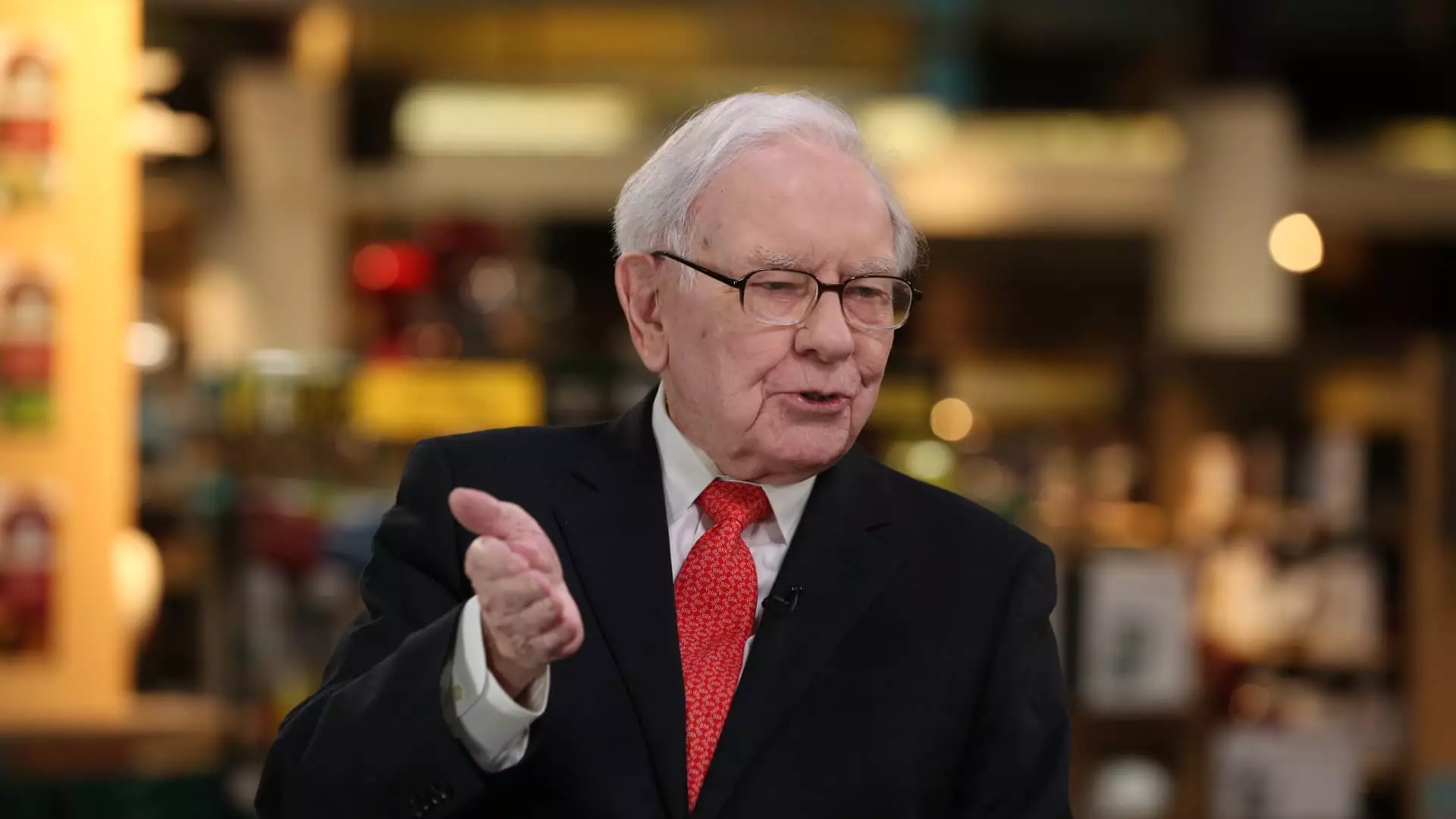The shift towards protectionism in global trade has emerged as one of the most critical discussions surrounding economic policy, particularly during the presidency of Donald Trump. Faced with the unprecedented challenge of balancing national interests with global interdependence, Trump’s administration engendered significant concern among economists, including notable figures like Warren Buffett. As discussions around tariffs gained traction, there was an increasing realization that these decisions could catalyze a ripple effect on economies worldwide, leading to inflationary pressures that might adversely affect consumers.
The promise of new tariffs from Trump on his first day in office drew sharp criticism from various quarters. Such policies were framed around key issues such as immigration and drug trade, yet many feared that imposing levies ranging from 25% on neighboring countries to an additional 10% on imports from China could severely disrupt the existing trade landscape. Warren Buffett’s warnings about the detrimental effects of a potential trade war encapsulate the urgency of maintaining free trade. He pointed out that tariffs essentially act as hidden taxes on consumers, often leading to an immediate spike in prices for everyday goods. In an interconnected world, where supply chains stretch beyond borders, such changes could dramatically alter consumer habits and production practices.
Buffett emphasized that the benefits of free trade—often unnoticed by consumers—allow them to enjoy lower prices and greater product variety. A corollary to this is the understanding that any substantial shift towards protective measures could result in unforeseen economic ramifications. The costs associated with tariffs do not just reflect monetary value; they extend to how the market operates. The redistribution of economic advantages granted by free trade might be overshadowed by the sudden prominence of domestic manufacturing requirements, distorting prices and availability of goods in the process.
The Role of Leadership in Trade Education
For Buffett, the necessity for political leaders to communicate the rationale behind trade policies effectively is paramount. Drawing parallels to historical figures like Franklin Roosevelt, he contended that leaders should act as educators, helping the public understand the complexities of economic policies. With many viewing Trump’s aggressive rhetoric as a mere negotiating stance, the lack of clarity on the long-term implications of such tariffs could exacerbate public confusion, fueling rhetoric that neglects the global benefits of trade.
The specter of a full-blown trade war remains a significant concern among economists and consumers alike. The potential for retaliatory measures by affected countries raises questions about the sustainability and rationality of Trump’s approach. Buffett’s insights compel us to reconsider the long-term strategies the U.S. might adopt, advocating for an approach that nurtures free trade rather than restricts it. As we navigate these turbulent economic waters, the importance of informed leadership becomes increasingly clearer, reminding us that the decisions made today will have lasting implications for tomorrow’s global economy.

